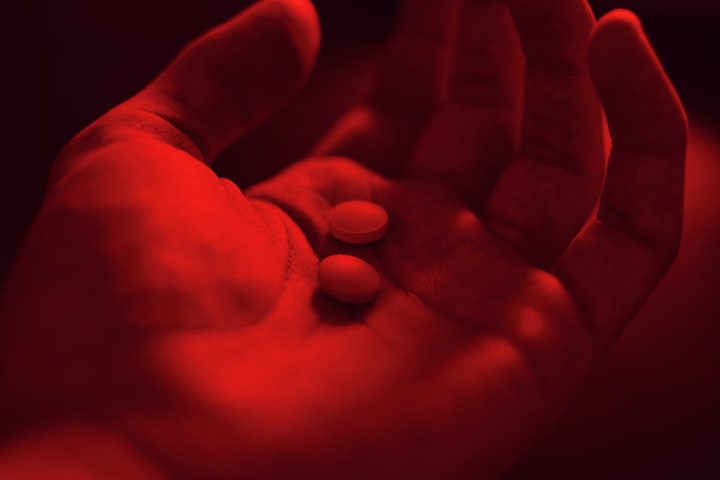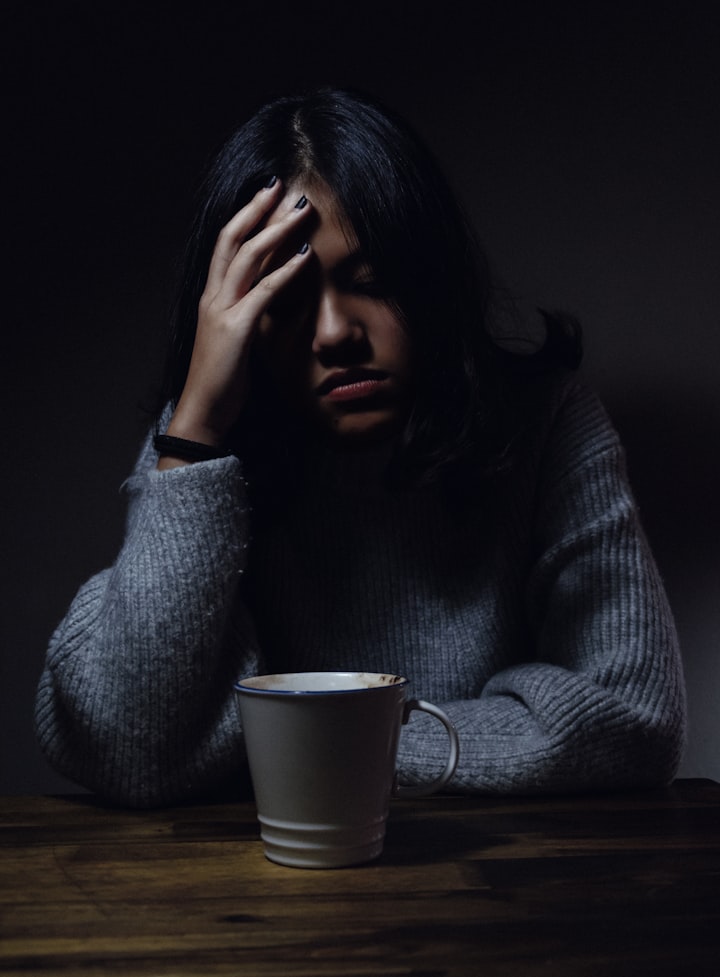Anti-anxiety drugs: Know what they do before you consume them
Is the cost worth the price? 💊

We live in a world where we’re constantly pushing ourselves to fulfill our responsibilities at both home and work. At the end of the day, it can leave us feeling stressed out and when this stress becomes a daily thing, anxiety is bound to creep in. Before you know it, minor anxiety issues can transform into severe mental health disorders, which typically require intervention from mental health experts.
In recent years and decades, the consumption of anti-anxiety prescription medication has skyrocketed around the globe. These drugs, developed by pharmaceutical companies in labs, can alleviate anxiety symptoms in the short-term. However, they also have a wide range of side effects that may harm both your mental and physical health.
If you’ve been diagnosed with an anxiety disorder and prescribed anti-anxiety drugs, here are a few things that you should know before you start consuming them.
1. There are different types of anti-anxiety drugs

Not all anti-anxiety drugs have the same mechanism of action after you’ve consumed them, even though their effects may feel the same. The most commonly prescribed type of anti-anxiety drugs is classified as Selective Serotonin Reuptake Inhibtors (SSRIs).
SSRIs such as fluotexine, citalopram and sertraline, sold under various brand names, work by increasing the signalling between serotonin-using neurons in the nervous system. Serotonin is a chemical that regulates mood. While SSRIs are generally seen as the safest form of prescription anti-anxiety medications, they may cause withdrawal symptoms if consumption is stopped abruptly. They are also not advised for people diagnosed with bipolar disorders, as they may trigger manic episodes.
Venlafaxine, duloxetine, and desvenlafaxine are three other commonly prescribed anti-anxiety drugs that fall under the class of drugs known as serotonin norepinephrine reuptake inhibitors (SNRIs). These drugs work similar to SSRIs, with the additional mechanism of increasing the signalling between norepinephrine-using neurons. Norepinephrine is a stress hormone that is released during the body’s stress response.
The third and most dangerous class of drugs used to manage anxiety is known as benzodiapenes. Diazepam, lorazepam, and clonazepam are examples of benzodiapenes, and while they are incredibly efficient at managing symptoms of anxiety, they are tolerance-building. So if you keep using them, you’ll eventually need greater quantities for them to work, which may lead to addiction and abuse.
2. You may experience unpleasant side effects

When I was young, I was diagnosed with ADHD. This led to me having to take tons of medication throughout my years at school. Some of these were Adderall, Stratera, and Concerta. Pills for focus, attention, and depression. In the beginning they worked fine, but eventually they led to many different side affects. I experienced a loss of appetite and had a drop in my happiness level in the long run.
I know that these pills are able to help some people some of the time. But I also know that they don't help all people all of the time. I happen to be one of the ones that have suffered from using medication. I was shocked when I did another diagnosis years later and found out that I never had ADHD in the first place. It left me wondering what damage was really caused, and if I would ever be the same again.
While SSRIs and SNRIs are considered relatively safe by the medical community, benzodiapenes are not, even though they continue to be prescribed to people diagnosed with anxiety.
Some of the side effects you may experience as a result of consuming benzodiapenes include:
• Blurred vision
• Stomach troubles
• Memory problems
• Confusion
• Headaches
• Inability to concentrate
• Loss of balance
• Drowsiness
• Dizziness
• Slurred speech
Regularly consuming benzodiapenes for managing stress and anxiety can make users dependent on them and also build tolerance. Stopping consumption abruptly can bring about severe withdrawal symptoms such as:
• Palpitations and seizures
• Anxiety attacks or panic attacks
• Depression
• Insomnia
• Severe confusion
• Restlessness and shaking
About the Creator
The Breatharian Blogger
Here to inspire you on your journey. ✊🏾
Connect with me on IG @jromeshaw






Comments
There are no comments for this story
Be the first to respond and start the conversation.